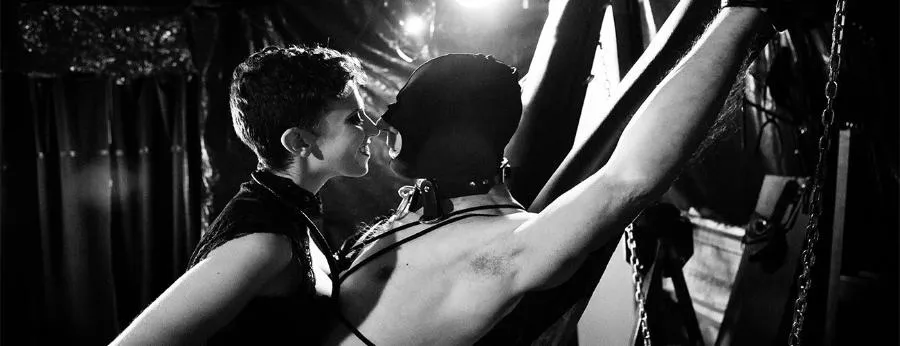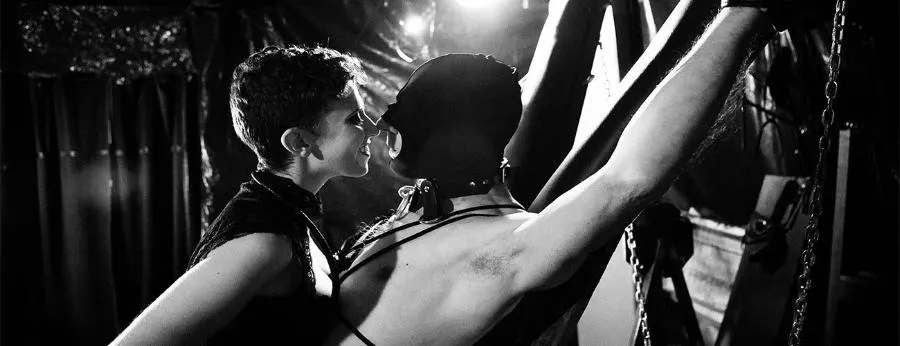Test: Dominant or Abuser?
The thin line between the BDSM Dominant and the home tyrant-abuser has repeatedly f****d one to think, but how can one distinguish one from the other and is there such a big difference? And, although the short answer to the second part of the question is quite simple: yes, there is a big difference between them, it is necessary to clearly separate the BDSM Top and Abuser.
Dominance or Violence?
At the very beginning, it would be nice to understand the terminology. Often the wrong definition of relationships leads to adverse consequences.
Dominance is BDSM practice in which both parties enjoy the process of humiliation and control. The submissive enjoys belonging to his Master, and the Dominant enjoys power over another person. Games on the edge can be easily stopped with a stop word.
Abuse is violence, moral or physical deliberate infliction of pain to a partner, conscious or not conscious. In this relationship, there is always a sacrifice and abuser. Next to such a person is always terrifying, any attempt to justify can cause a new outbreak of anger. Abuser is not rarely resorting to the assault, seeking in this way to demonstrate his power.
BDSM in spite of its versatility and variability implies the following three basic principles, enshrined in the short abbreviation - SVI. Security, Volunteerism, Intelligence. In addition, any punishment from Dominant is a manifestation of care and love for his partner, he does not harm and does not press beyond necessary, sensitively feeling the boundaries of the partner.
Abuse in a relationship does not obey any rules. The house tyrant simply does what he wants, and the victim, unable to resist, receives new injuries, mental or physical. No one voluntarily enters into such a relationship, but to break out of them is much more difficult than it seems at first glance.
Abuser Signs
Abuser man, and a woman as well, is an excellent manipulator, which not only causes guilt, but also skillfully uses it to control his victim. Often, partner do not even notice how deeply he is stuck in such co-dependent relationships, blindly believing that everything can still be improved. Let's face it: without extra help it is very difficult to break free from this captivity, and recover from it too. Here are five basic signs of an abuser that will help identify him.
- A pronounced negative attitude towards former partners and no respect for you.
- Imposing yourself, your help, total control over your life.
- Pathological jealousy.
- Obsession with yourself.
Agree, visible signs. But all this is cleverly disguised by attention at the very beginning of a relationship, the ability to care for and make compliments, the desire to quickly put everything in a more serious direction, for example, to move in. Abuser also sensitively feels the needs of his victim, but uses them only for the benefit of himself.
Analyze your relationships and gain the courage to make a full stop, if your partner is an abuser, not a dominant.




















































